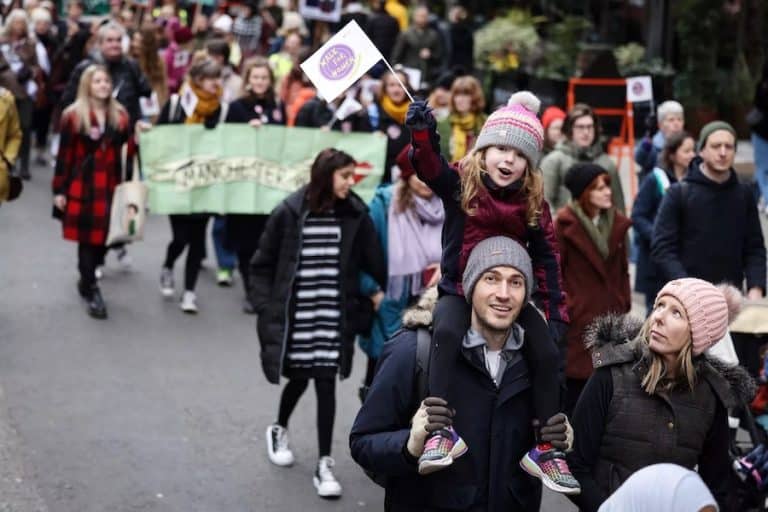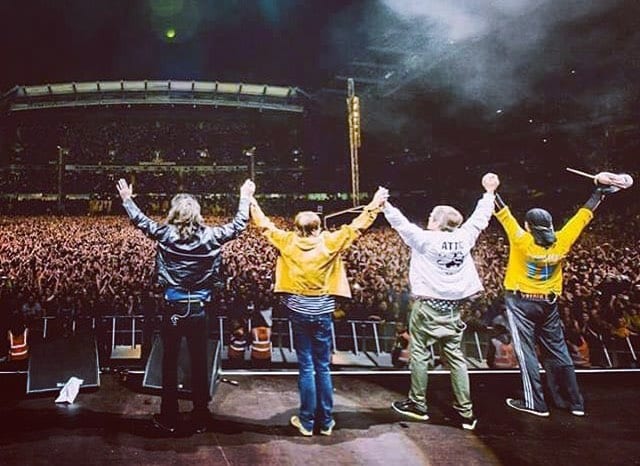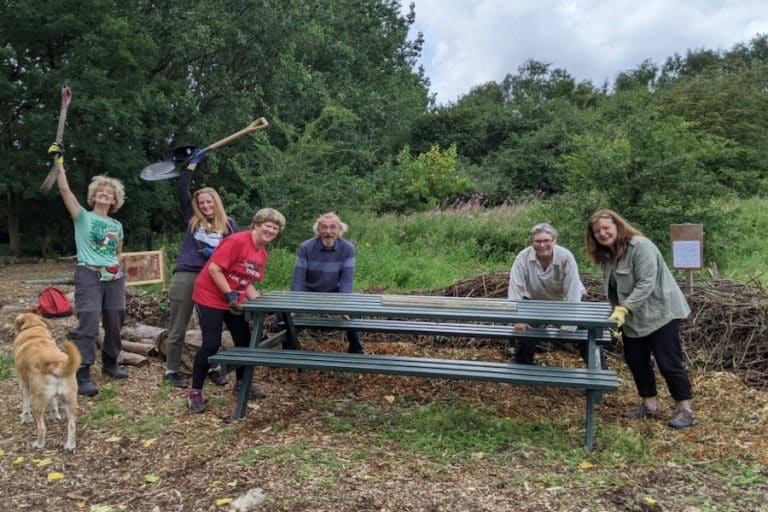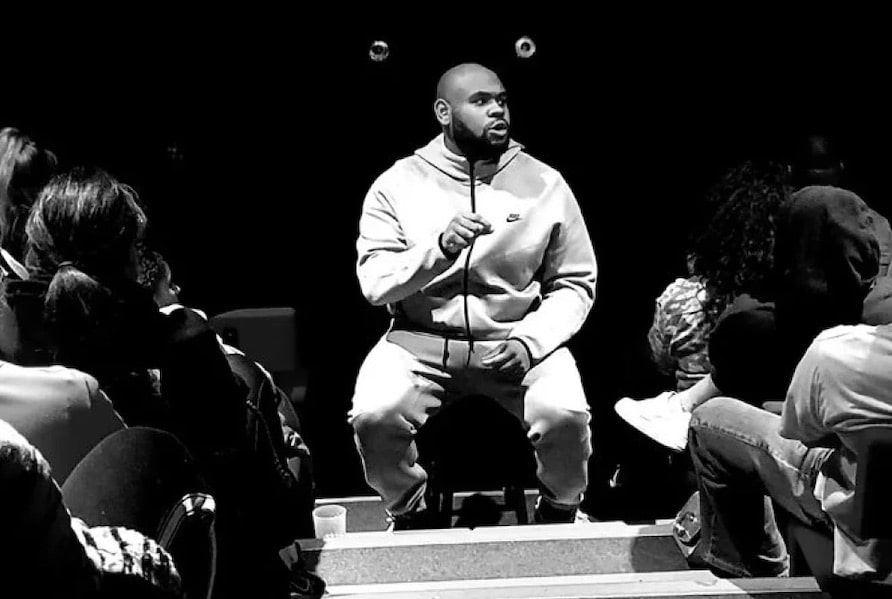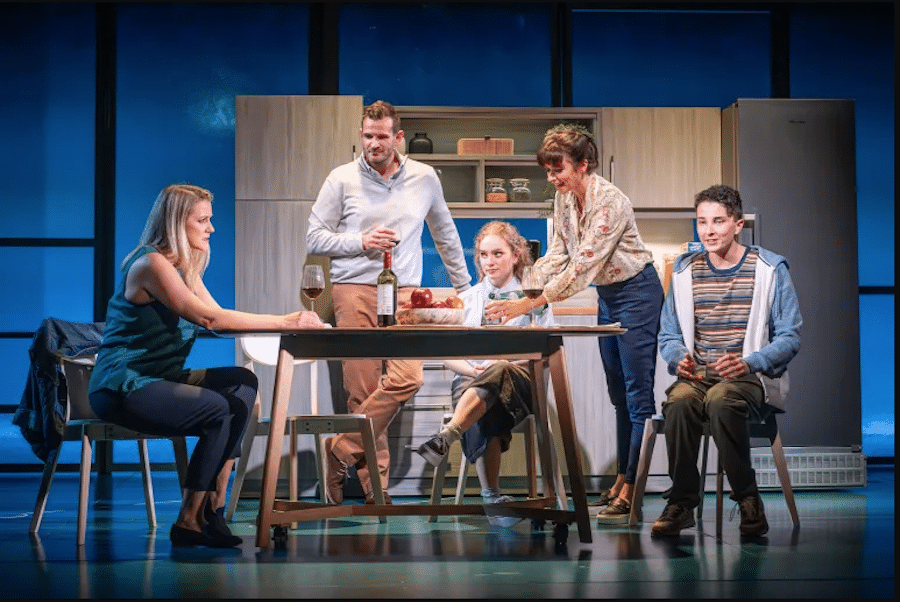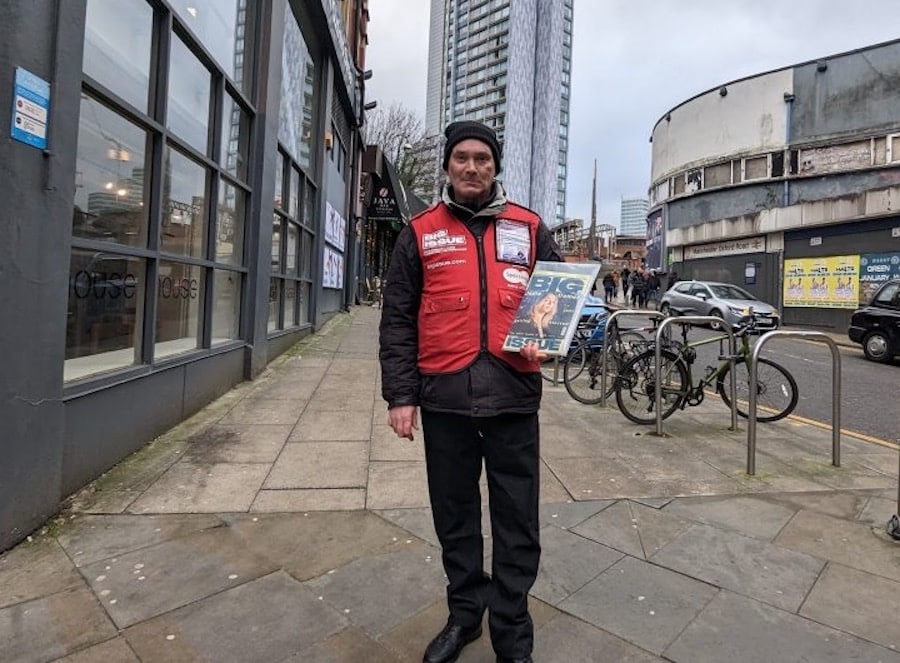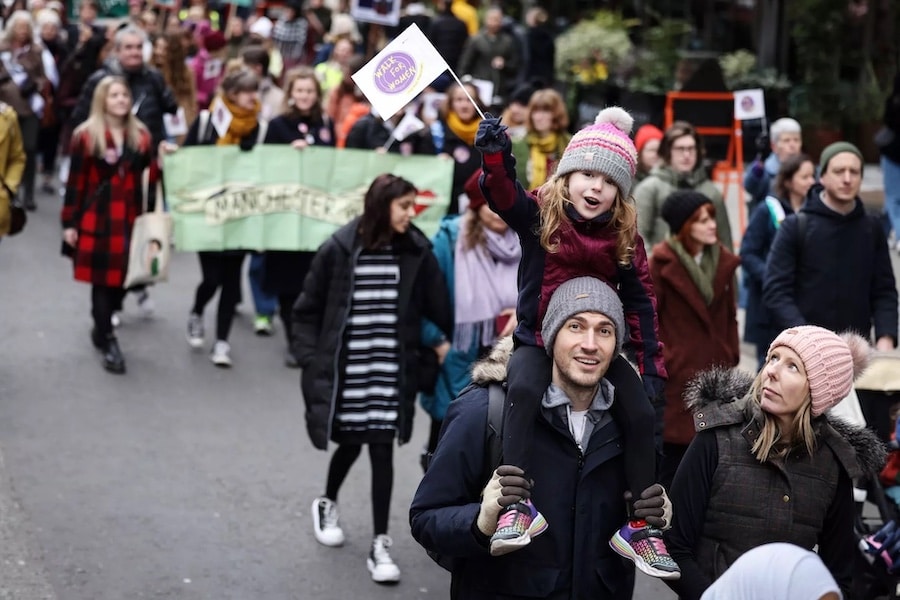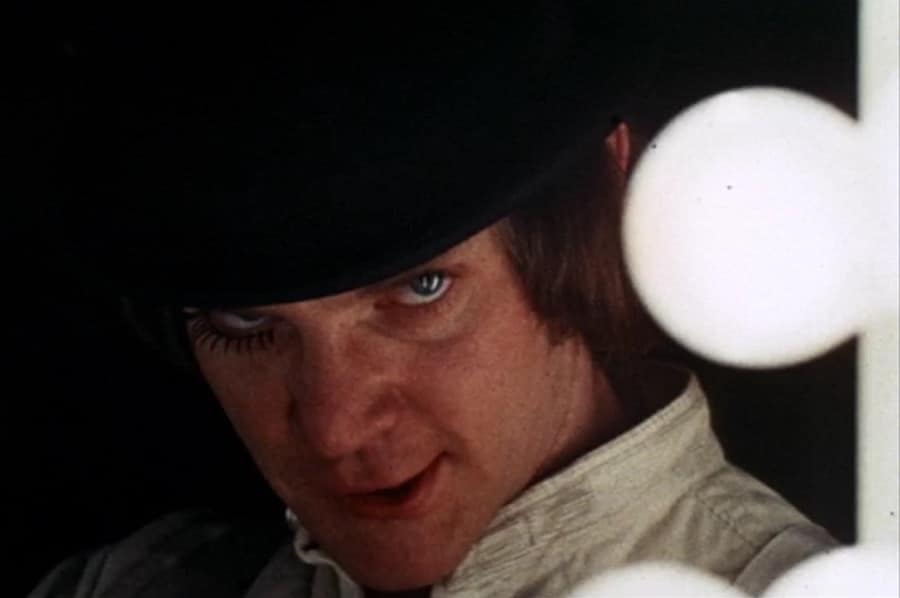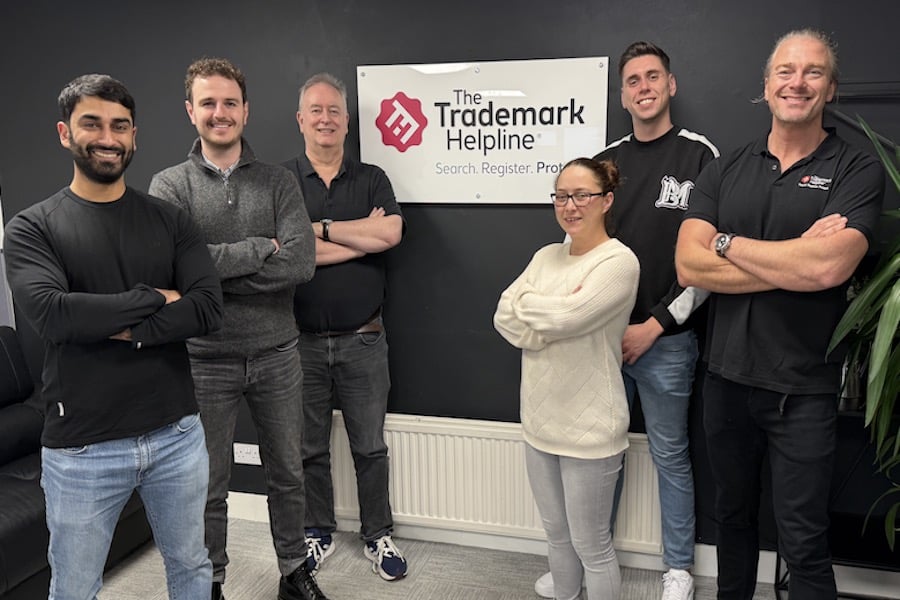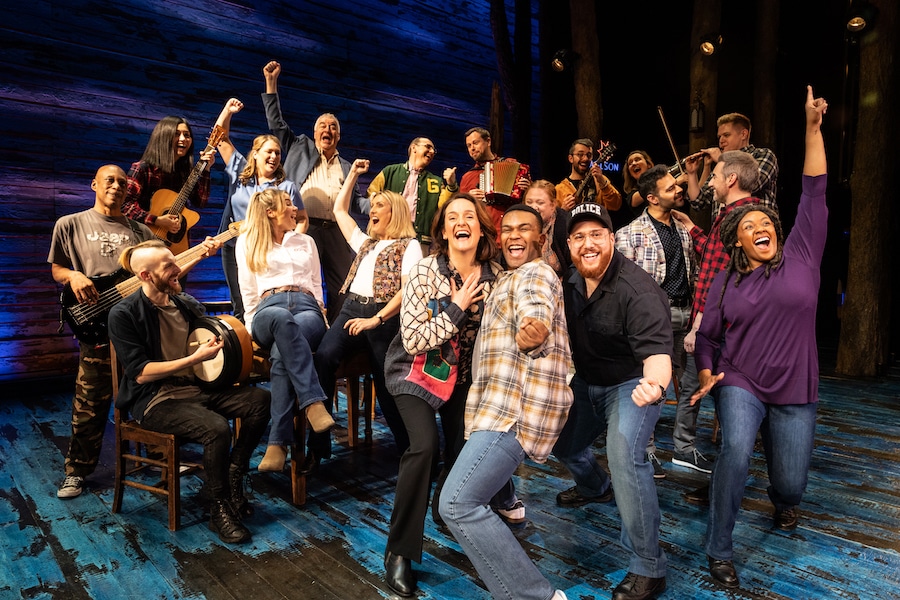Remembering Rafters – Manchester’s underground music haven
- Written by Thom Bamford
- Last updated 6 months ago
- City of Manchester, Cornerstone, Culture, Featured, Music
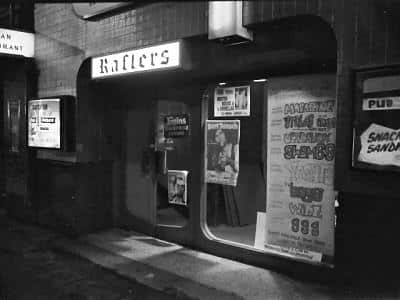
In the dimly lit basement of St. James Buildings on Oxford Street, Manchester, there once thrived a club that was a crucible of culture, sound, and spirit.
Rafters Nightclub, which would later become known as Jilly’s, wasn’t just a place for live gigs, it was the heartbeat of Manchester’s underground music scene in the 1970s and early 1980s.
Though the doors to Rafters have long since closed, its legacy resonates through the sounds of bands that first found their voice there, making it one of the city’s most iconic and formative venues.
Rafter’s Nightclub
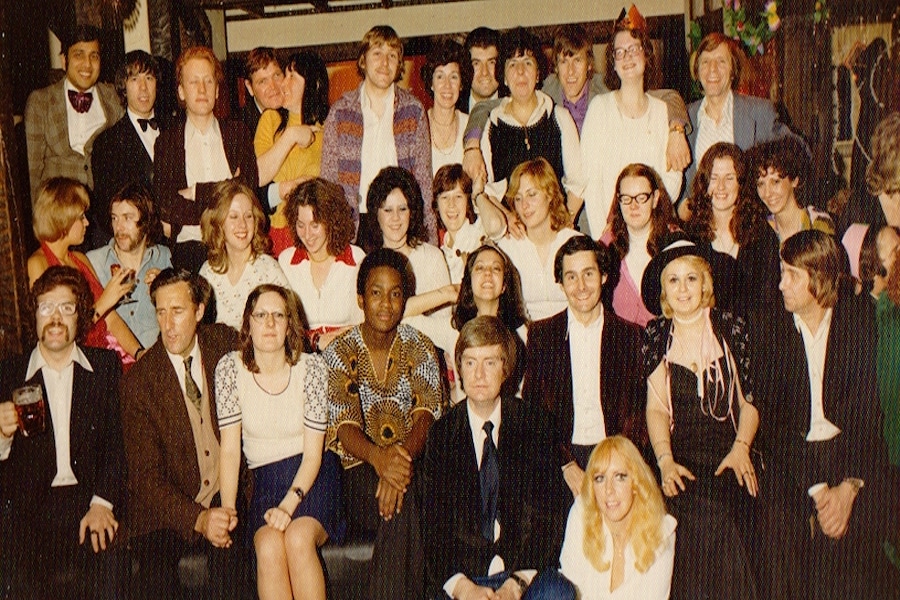
Walking down Oxford Street today, it’s hard to imagine the club that stood there—a gritty, pulsating hub for the restless and the rebellious.
Rafters played host to a slew of bands that would go on to define the music of a generation.
Among them was Joy Division, the legendary post-punk band whose atmospheric, haunting sound would become synonymous with Manchester’s musical identity.
The band performed numerous times at Rafters, and it was here that their future manager, Rob Gretton, first saw them play.
Gretton, a DJ at the club, immediately recognized their brilliance, famously recalling how their performance sent “a tingle up [his] spine.”
Depeche Mode at Rafters
But Joy Division wasn’t the only act to leave their mark on Rafters’ stage. In 1981, Depeche Mode played live at the club recording A Second Now in Manchester.
Released on Vertigo Records in 1990, captured the raw energy of Depeche Mode at a pivotal moment in their career, showcasing the electric atmosphere that Rafters was known for.
Rafters wasn’t just a one-genre venue though – it was a place where diverse sounds collided.
Not just rock’ at Rafters
From the rise of punk in the late 1970s to the smooth rhythms of jazz-funk nights curated by DJs Colin Curtis and John Grant, the club catered to Manchester’s eclectic tastes.
Thursdays became infamous for their raucous punk nights, where bands like Buzzcocks, Johnny Thunders & the Heartbreakers, and Generation X lit up the stage.
Yet, on other nights, you could find yourself moving to the grooves of the city’s jazz-funk scene, an era where Rafters was at the forefront of introducing new sounds to the city’s nightlife.
Stiff Records Test
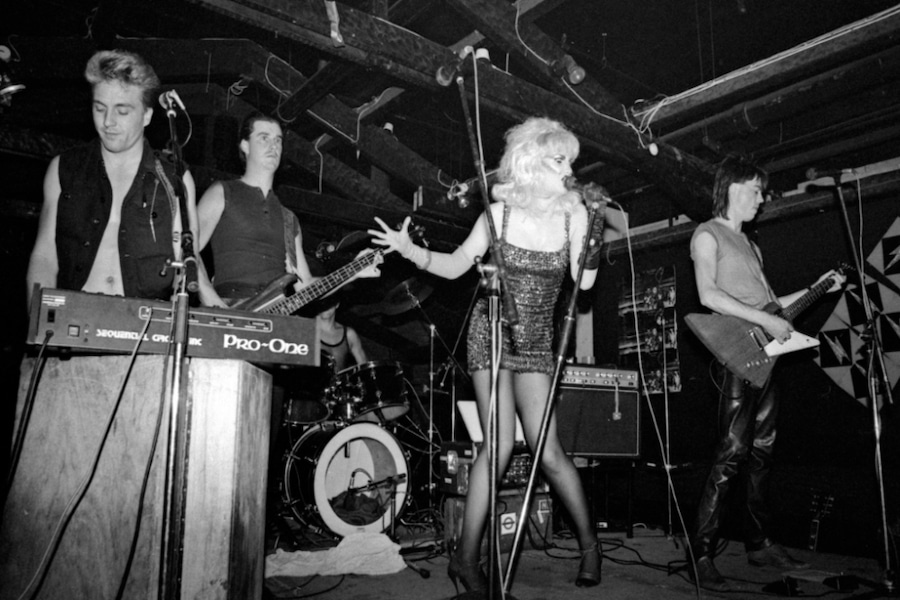
One of the most memorable nights in Rafters’ history took place on April 14, 1978, during the Stiff Records Test, a battle of the bands competition. Out of 17 acts that performed, Joy Division was the last to take the stage.
But despite the late hour, they made an unforgettable impact on the audience, which included both Rob Gretton and Tony Wilson of Granada TV—the man who would go on to co-found Factory Records. It was a night that cemented Joy Division’s place in Manchester music history.
Rafters’ final years saw DJ Mike Shaft, who was also a radio personality on Piccadilly Radio, spin records for the club’s faithful.
His time at Rafters ended under controversial circumstances when he left after management suggested the club was becoming “too black,” a statement that laid bare the racial tensions and challenges of the era.
In 1983, Rafters closed its doors, but it wasn’t the end for the space.
It was reborn as Jilly’s, a mecca for rock and alternative music fans, where leather-clad punks and metalheads found a home until 1993.
After that, it became the Music Box, hosting the infamous Electric Chair club nights, which kept the venue’s rebellious spirit alive until 2008.
For those of us who remember Rafters, it’s not just the music that stays with us.
The club was a breeding ground for bands that would go on to shape not just Manchester’s music scene, but the global soundscape.
Happy Mondays, Throbbing Gristle, and countless others passed through Rafters, each adding a chapter to history.
What are your memories of Rafters?
Now, decades later, Rafters lives on in the memories of those who were lucky enough to experience it.
What are your memories of Rafters? Let us know for a chance to be featured – [email protected]
- This article was last updated 6 months ago.
- It was first published on 10 September 2024 and is subject to be updated from time to time. Please refresh or return to see the latest version.
Did we miss something? Let us know: [email protected]
Want to be the first to receive all the latest news stories, what’s on and events from the heart of Manchester? Sign up here.
Manchester is a successful city, but many people suffer. I Love Manchester helps raise awareness and funds to help improve the lives and prospects of people across Greater Manchester – and we can’t do it without your help. So please support us with what you can so we can continue to spread the love. Thank you in advance!
An email you’ll love. Subscribe to our newsletter to get the latest news stories delivered direct to your inbox.
Got a story worth sharing?
What’s the story? We are all ears when it comes to positive news and inspiring stories. You can send story ideas to [email protected]
While we can’t guarantee to publish everything, we will always consider any enquiry or idea that promotes:
- Independent new openings
- Human interest
- Not-for-profit organisations
- Community Interest Companies (CiCs) and projects
- Charities and charitable initiatives
- Affordability and offers saving people over 20%
For anything else, don’t hesitate to get in touch with us about advertorials (from £350+VAT) and advertising opportunities: [email protected]
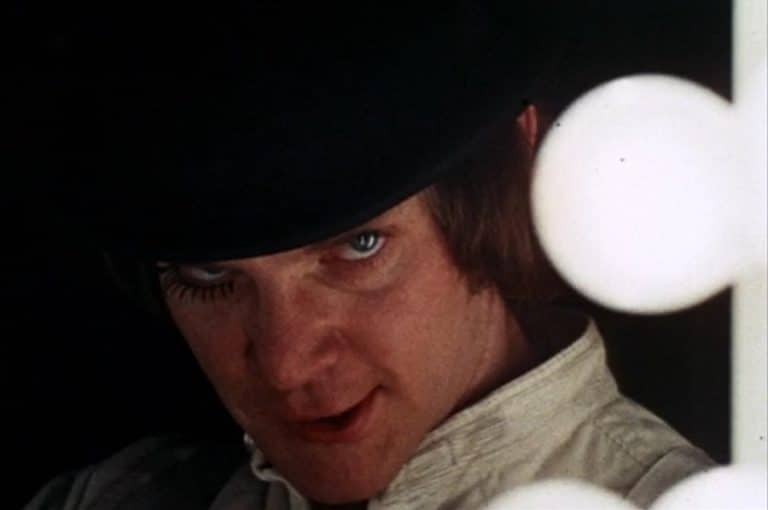
What is the legacy of Manchester’s most controversial (and maybe best) novel?

Big Issue, bigger heart: Manchester comes together for Colin
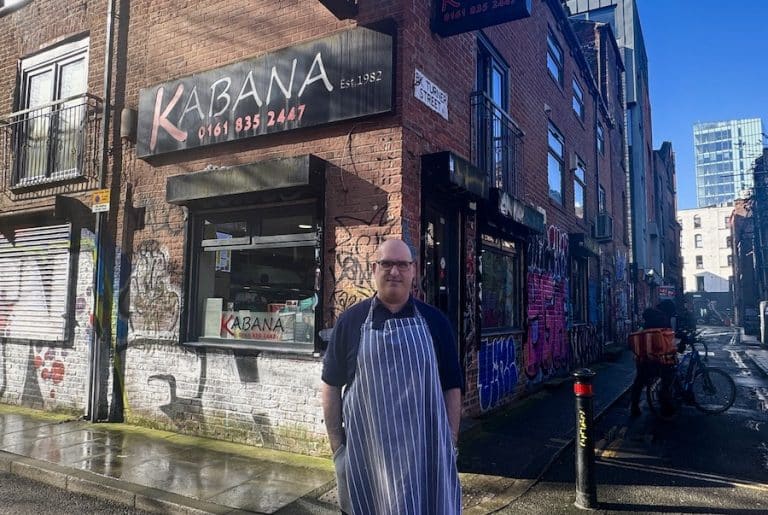
Why generations of Mancunians have loved Kabana for over 40 years
